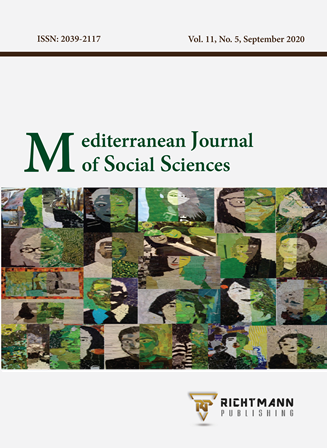Intention, Government Regulation, Self-Regulatory Efficacy, Subjective Norm, Idolatry and Consumer Behaviour in Purchasing Pirated Compact Disks (CDs) in Mainland Tanzania
DOI:
https://doi.org/10.36941/mjss-2020-0050Abstract
This study is conducted to explore the factors influencing purchase behaviour and to explain the magnitude of such factors on buying behaviour in Tanzania. Based on a systematic review of literature, a research framework was developed from Theory of Planned Behaviour (TPB). The casual model was empirically tested by using partial least-square structural equation modelling (PLS-SEM). The survey is comprised of 491 usable samples, collected from Generation Y consumers as the main music users in Tanzania. Result suggest that the model is significant and adequate. All antecedents of intention appears to be significant except for idolatry. Self-regulatory efficacy and subjective norm are contributing factors to intention construct. Intention, along with self-regulatory efficacy is found to have significant impact on consumer buying behaviour. Government Regulation is found to have non- significant moderating impacts on the relationship between intention and consumer buying behaviour. In addition to theoretical implication, a number of managerial implications are observed. Marketers need to enhance consumers buying behaviour in various stakeholders , reduce music piracy through motivation on self-regulatory efficacy and subjective norm to Generation Y. Overall, the study is expected to confer value to music industry through discourage music piracy by researchers and marketers.
Downloads
Downloads
Published
Issue
Section
License
This work is licensed under a Creative Commons Attribution-NonCommercial 4.0 International License.











